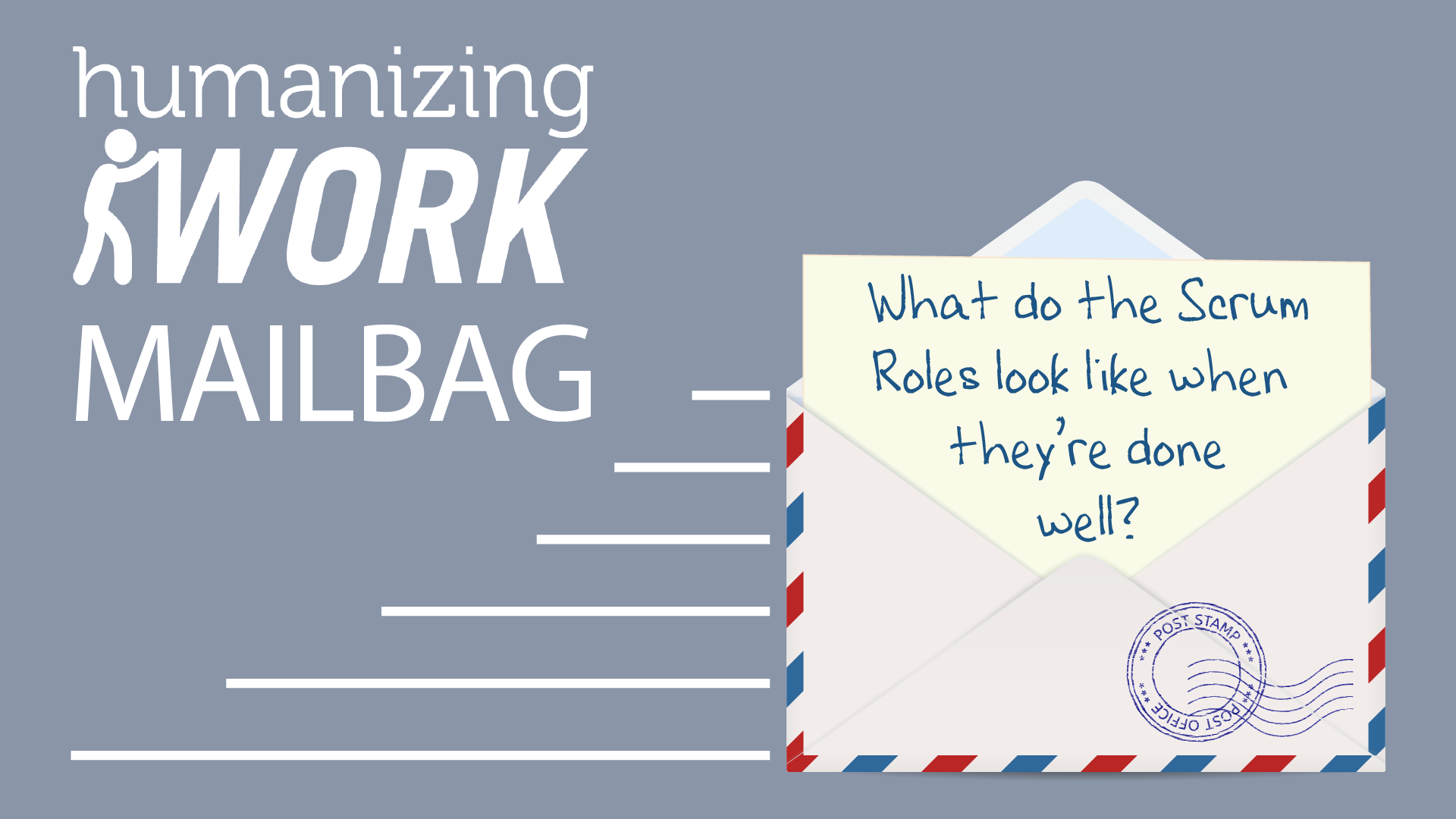In this episode, Peter tell the story of a time where his own reactive tendencies limited his effectiveness—in a big way—in an interaction with his CEO. Richard interviews Peter about what he learned from the experience, how he’d handle it now, and what advice he has for other leaders in challenging situations. Read More
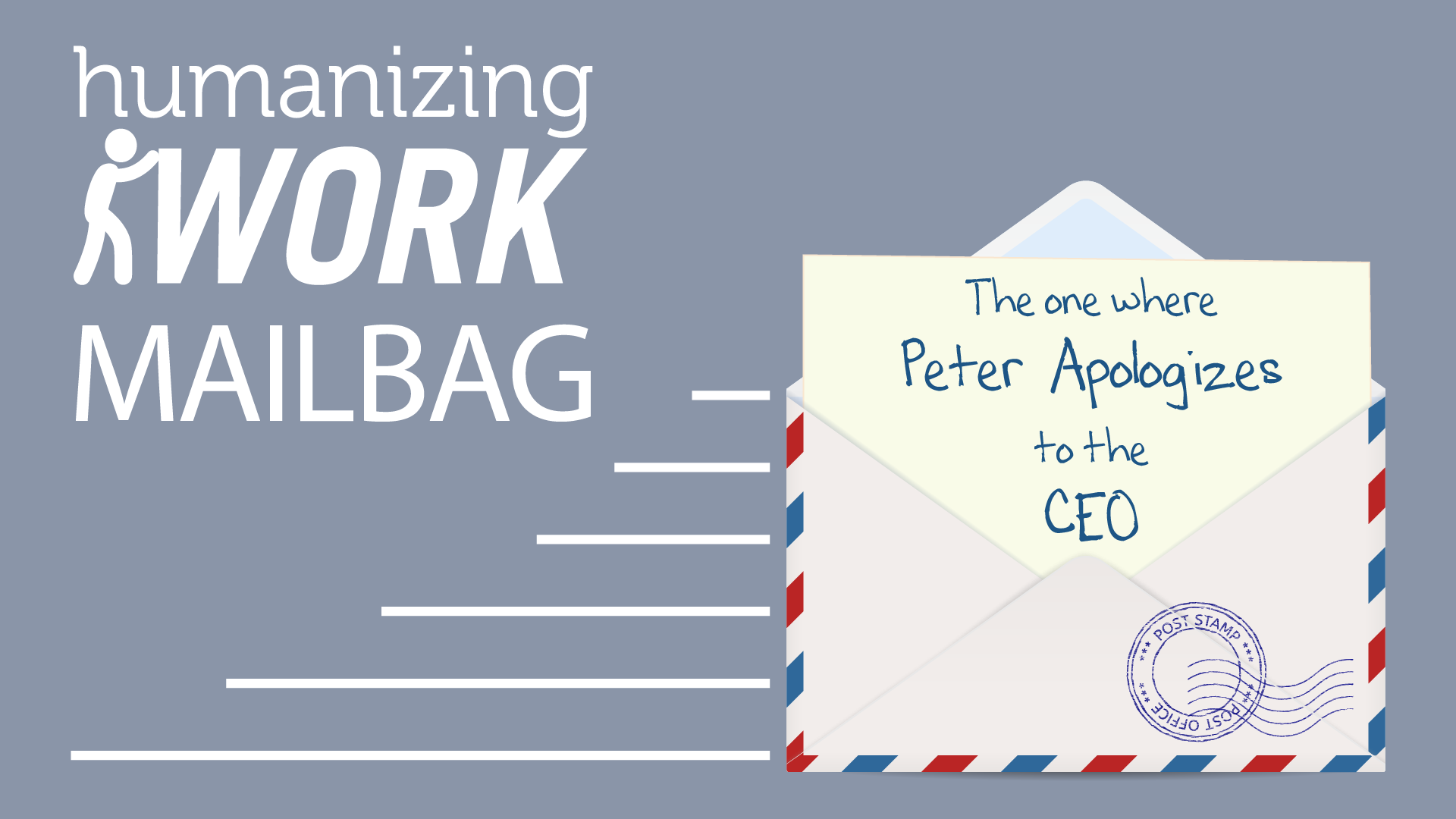
In this episode, Richard and Peter share their favorite tool for figuring out what to do in a frustrating situation where you don’t have the power to just fix it, including a few real examples. Read More
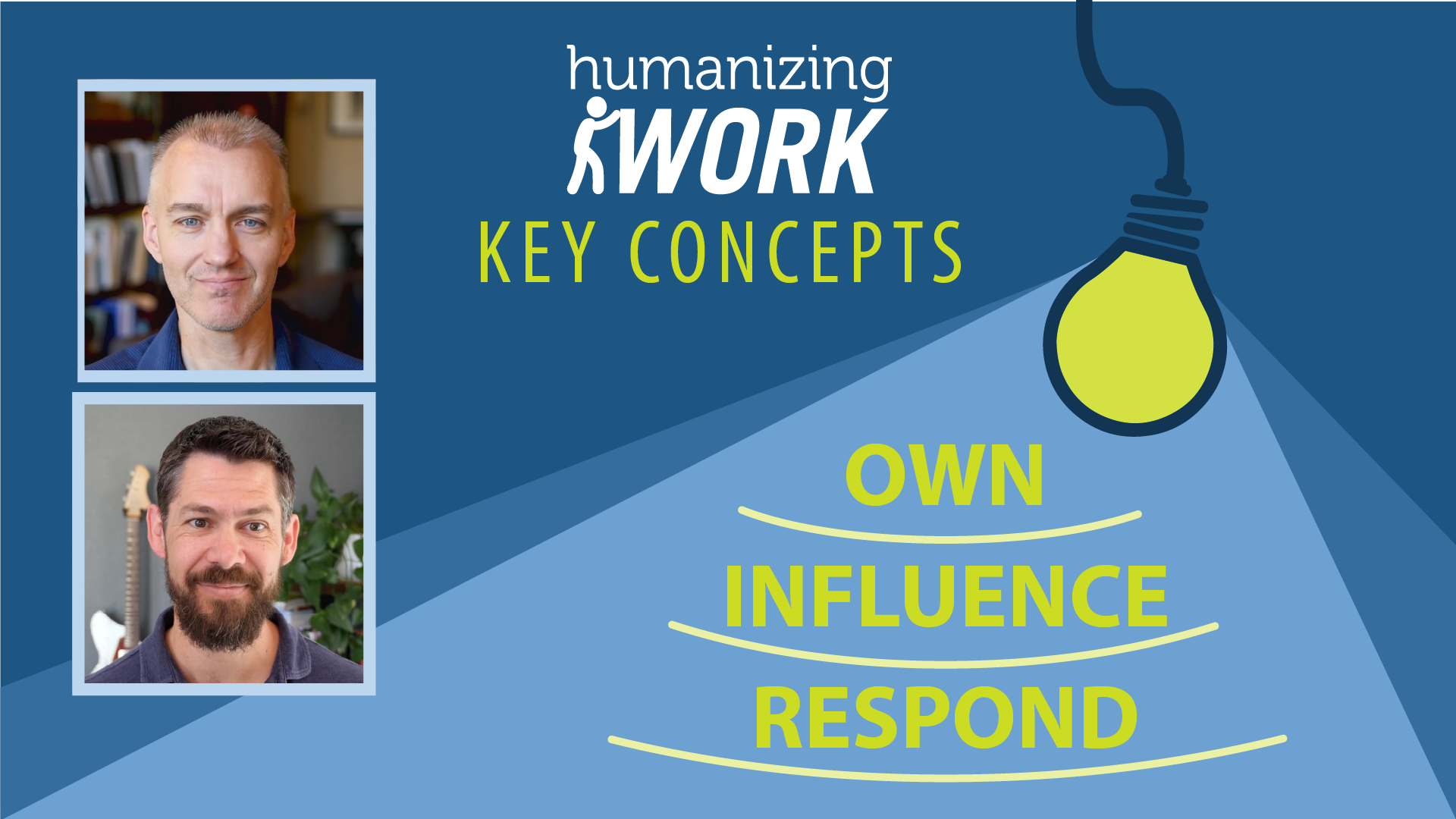
In this episode, Richard and Peter look at how customer research tools are useful in all kinds of contexts beyond product development. Got a relationship with a stakeholder at work that you’d like to improve? Learn how you can use customer research tools to better understand that stakeholder’s needs and how you and your team can help solve them. Read More
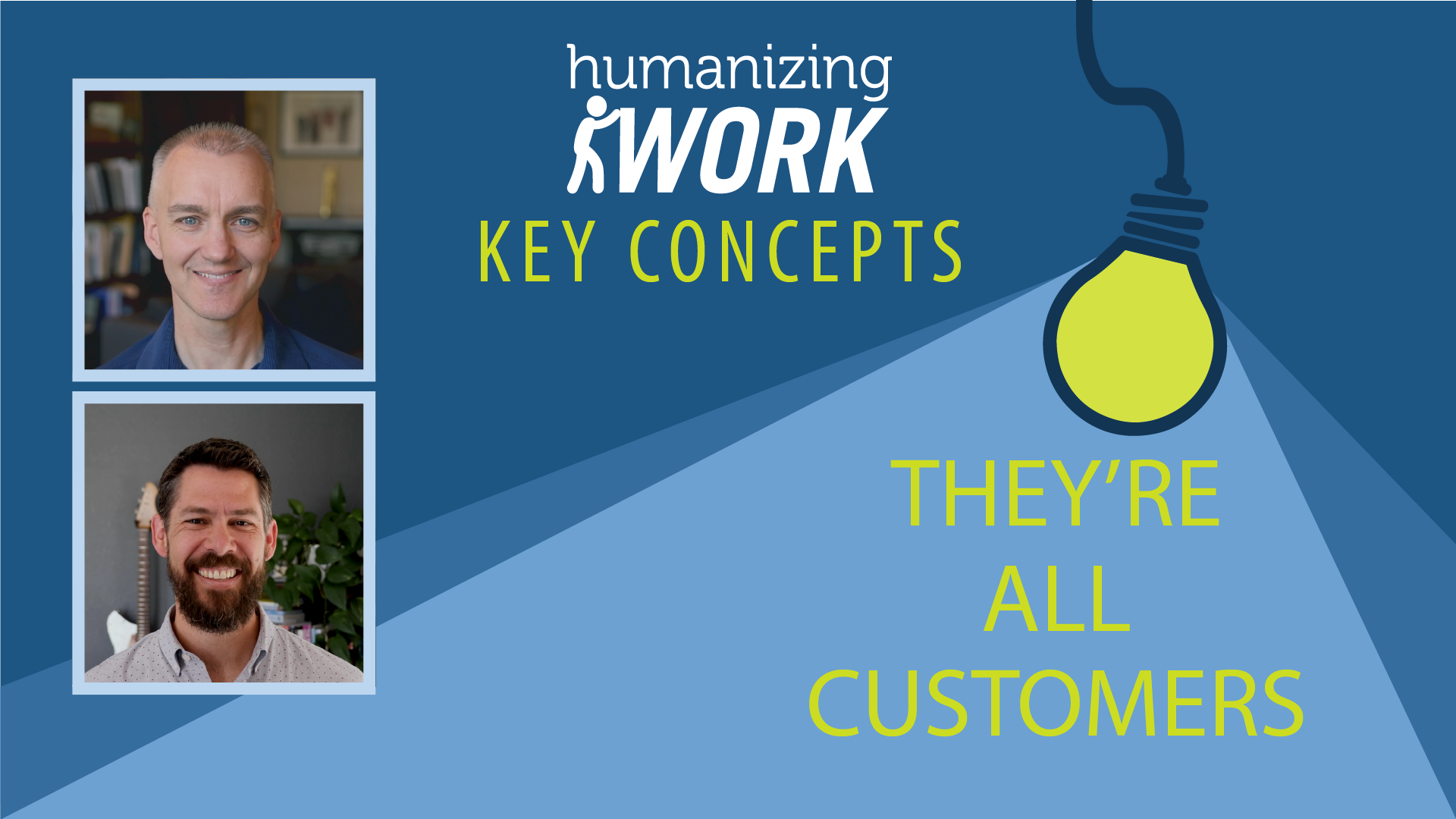
How do you assess the health of a team? You could conduct surveys and interviews of team members and stakeholders. You could look at the results the team produces. You could watch them work for a week or two. Or, as Peter & Richard explain in this Humanizing Work Show episode, you could just observe a team’s Daily Scrum (aka Daily Standup) and learn 80% of what you need to know about health of a team. Read More
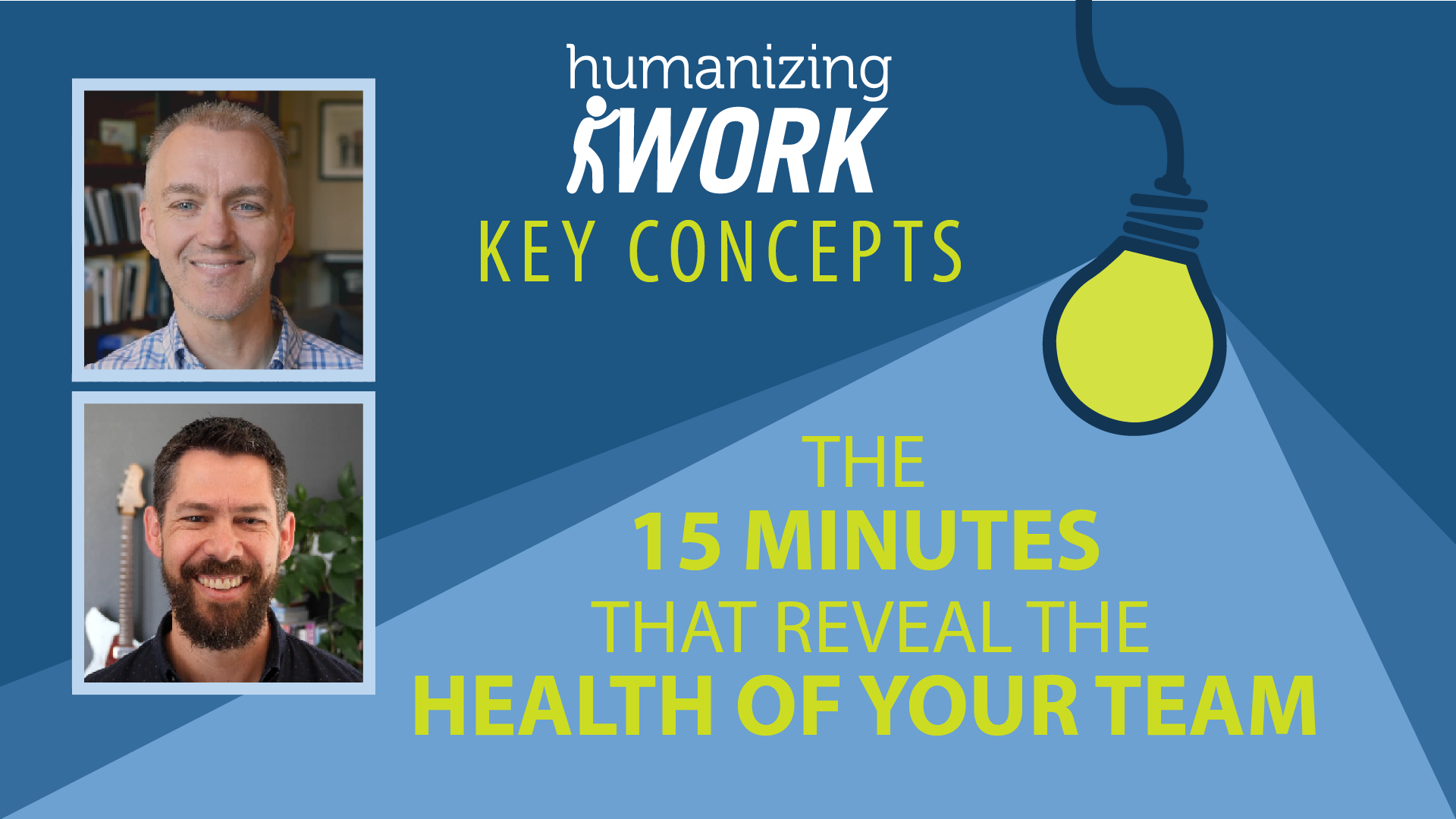
In this episode, Richard and Peter answer the question: “Our team is adopting Scrum, how does my role (as a developer) change?” Obviously, you’ll be doing Scrum now and you weren’t before, but beyond the obvious, there are three big ways you can expect your work to change. Read More
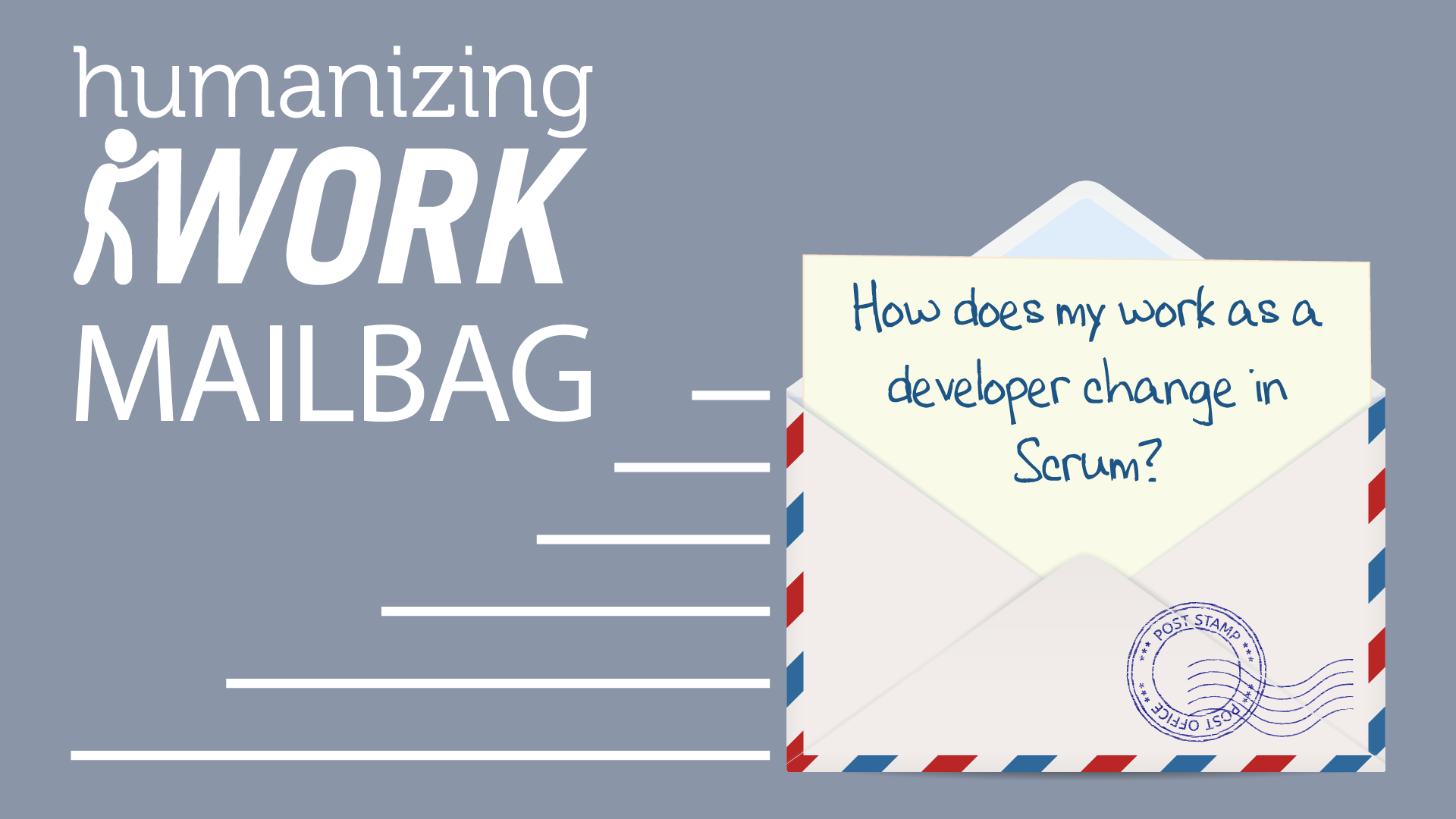
In this episode, Richard and Peter answer the question: “How much should we standardize across our organization? Is it important that our sprint lengths match, that we estimate the same way, that we use the same tools, that we report the same metrics, etc.?” Obviously, standardizing everything isn’t going to work, but neither will standardizing nothing. So, where do you draw the line? Read More
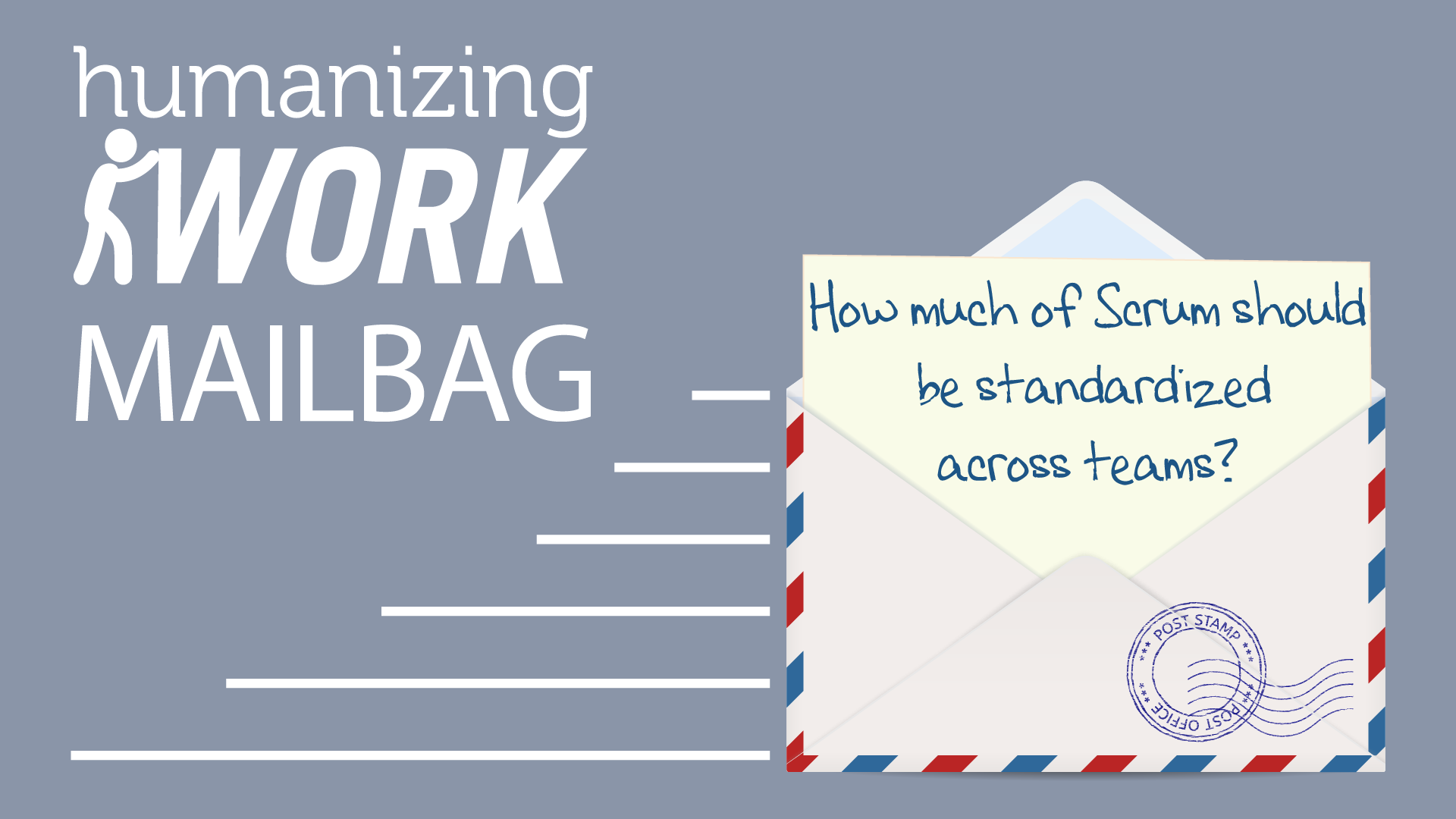
In this episode, Richard answers the question: “What should I focus on as a new Product Owner?” Being a Scrum Product Owner is a big job, and it’s easy to get overwhelmed, so Richard breaks down what’s most important to focus on in the early days and in what sequence. Read More
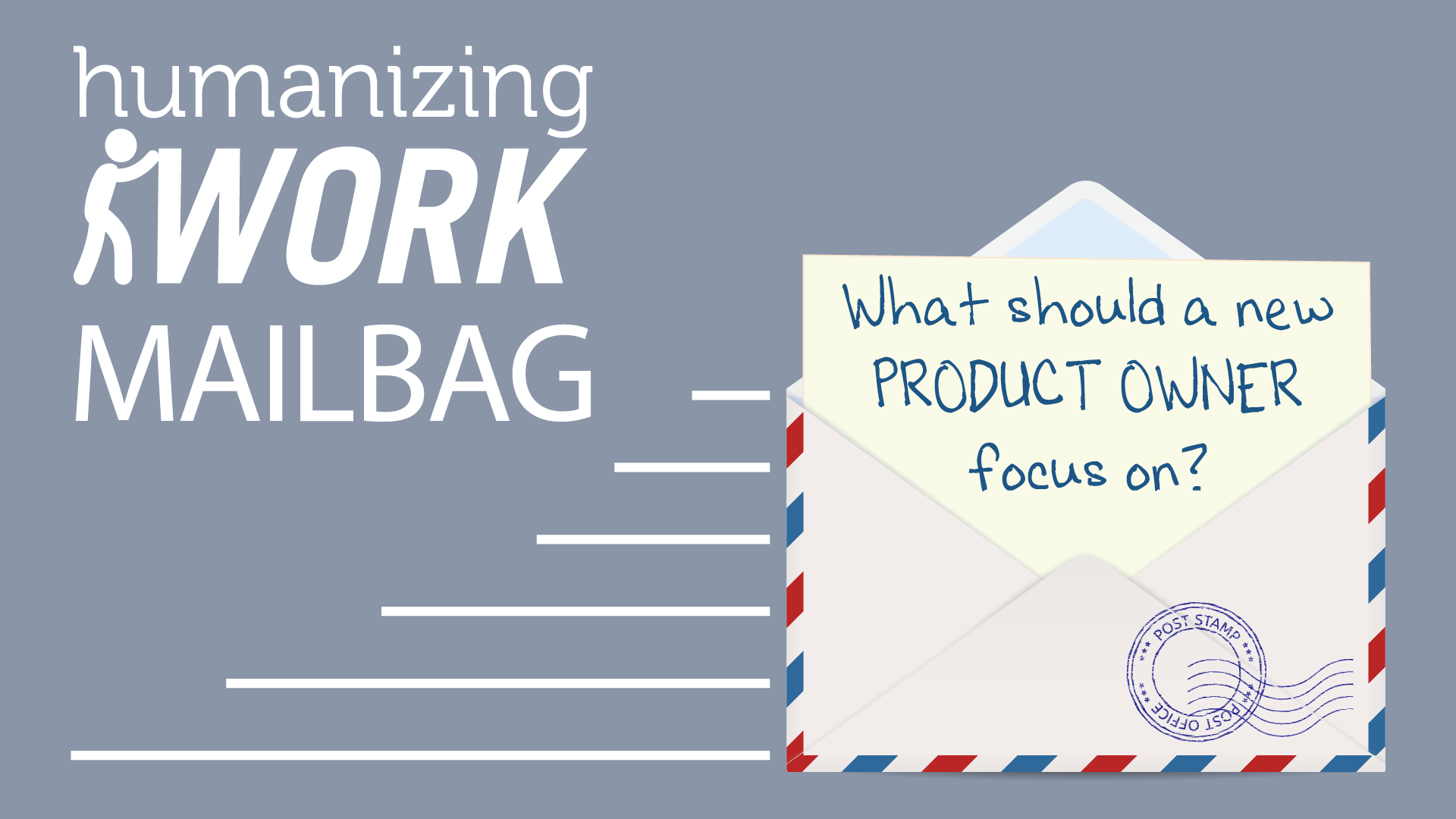
In this episode, Richard and Peter answer the question: “What should I focus on as a new ScrumMaster?” They explain why focusing on making your team do Scrum well is tempting but a dead end and what you should focus on instead. Read More
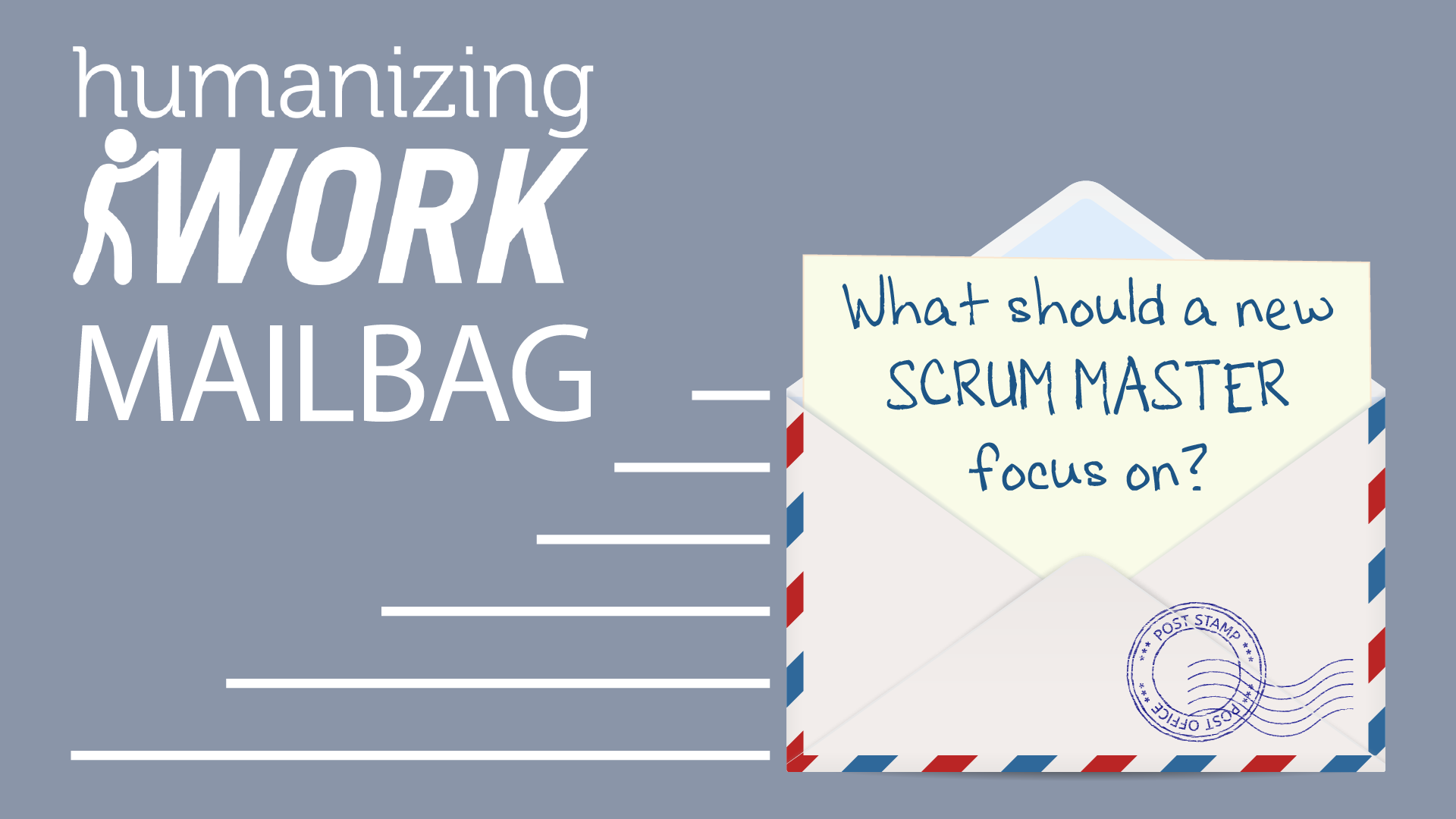
Why does Zappos celebrate wildly inefficient customer service calls? Why did FAVI brick up the window that allowed managers to see what was happening on the factory floor? Culture signals.
In this episode, Richard and Peter explain how culture signals work and how leaders can design their own culture signals to create the changes they want to see. Read More
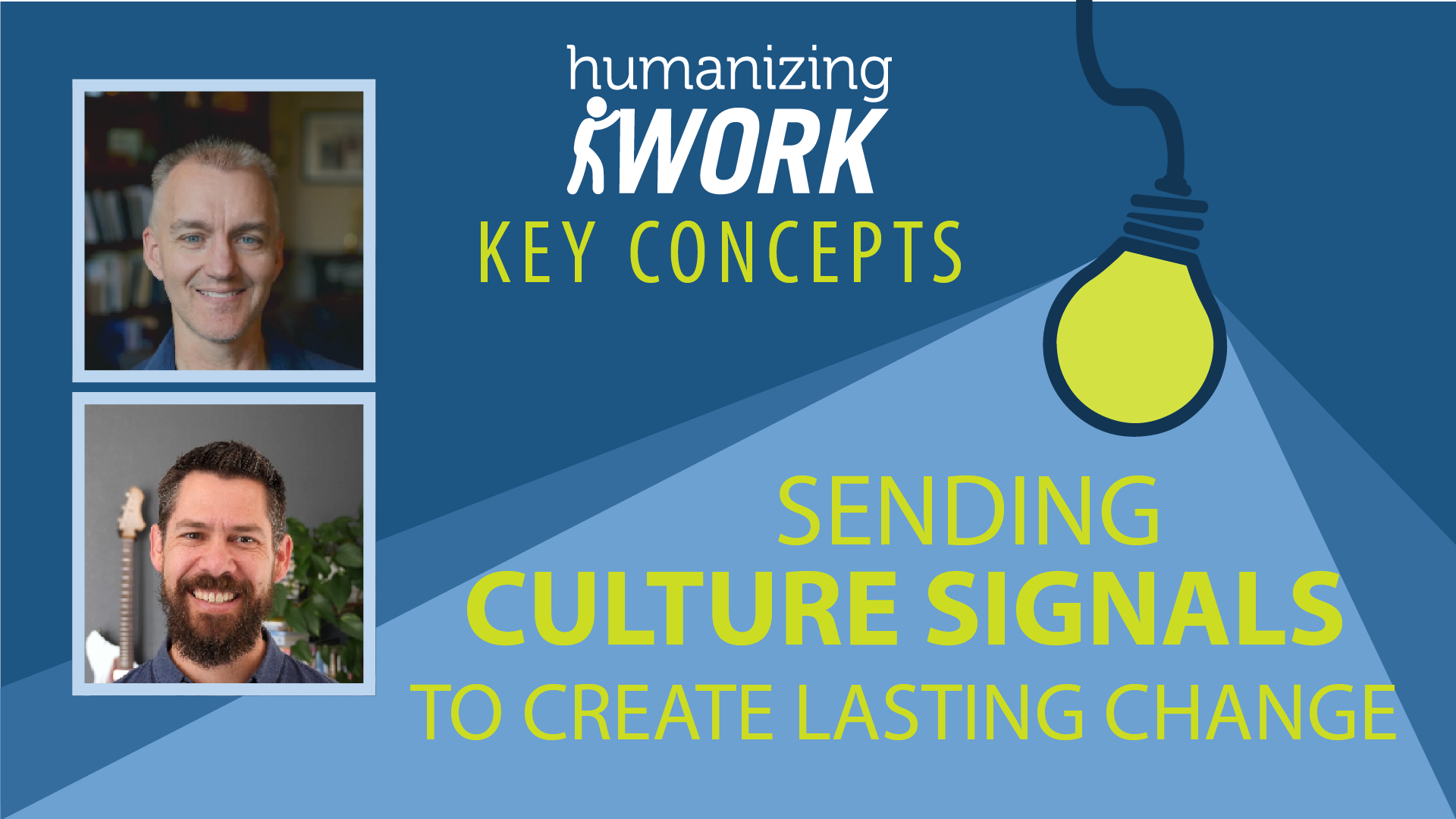
In this episode, Richard and Peter answer the question: “I get the basic definitions of the Scrum roles. In the real world, though, what do these roles look like when they’re done well?” Hear their take on what it means to be a great ScrumMaster, Product Owner, or Scrum developer, beyond the “by the book” Scrum Guide answers. Read More
